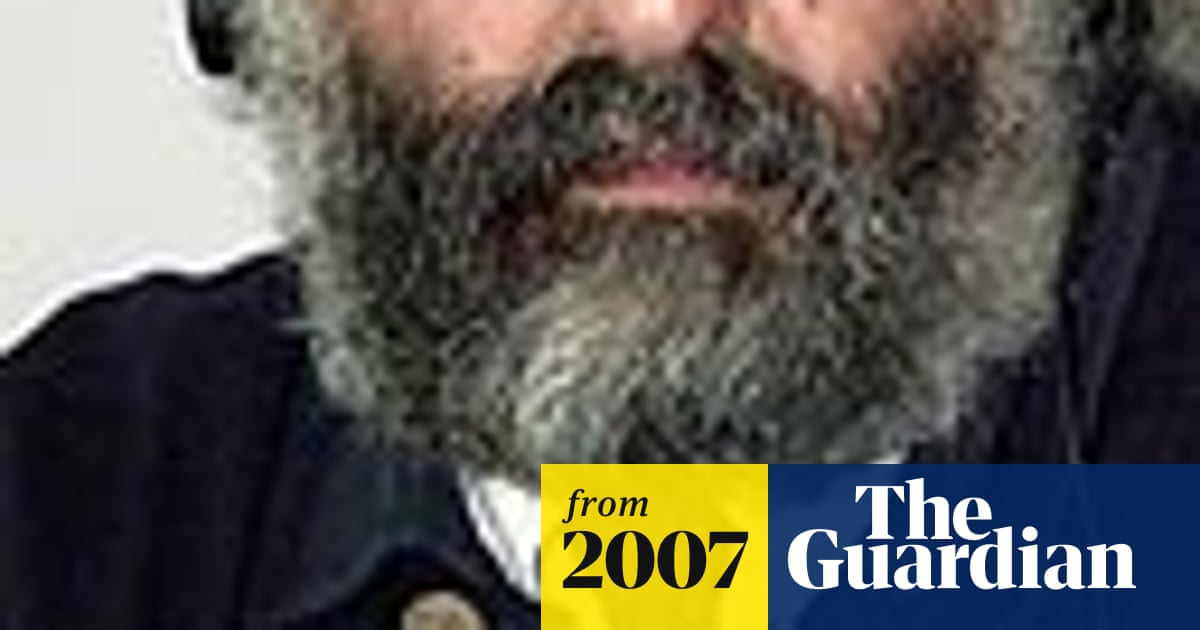Bell, yes I know the source....
BBC World Service
Last Updated: Friday, 23 November 2007, 19:04 GMT
Turks in Christian murder trial
Funeral of murdered Christian in Malatya
Many Christians moved out of Malatya after the murders
The trial has started in eastern Turkey of five men accused of killing three Christians earlier this year.
The Christians, who included a pastor and a German missionary, were stabbed repeatedly and had their throats cut.
The suspects, aged 19 and 20, were detained at the scene of the crime, a Protestant publishing house in Malatya.
The trial was adjourned after defence lawyers argued they needed more time to prepare. The hearing is now expected to resume in mid-January.
Turkey is a candidate for EU membership. The bloc has asked Ankara to protect the human rights of the country's ethnic and religious minorities, as a precondition for membership.
Germany has accused Turkey of "unacceptable intolerance" towards non-Muslims.
The murders prompted three Christian families to leave Malatya, in eastern Turkey.
The attack came months after the killing of the ethnic Armenian journalist Hrant Dink and a year after the killing of a Catholic priest in northern Turkey.
In all cases, the alleged killers were nationalist-minded young men or even teenagers.
Turkish nationalists often view missionaries as a threat, especially in remote places like Malatya, says the BBC's Sarah Rainsford in Istanbul.
Life sentences
In Malatya, the defendants reportedly told police they were acting to foil a plot to undermine Islam and divide Turkey.
Turkish police carry one of the victims from the publishing house
The three victims were found bound by hand and foot
The killings were condemned by Prime Minister Recep Tayyip Erdogan.
The five suspects face three life sentences each, while two others are charged with membership of a terrorist organisation.
A lawyer acting for the victims' families earlier said he was concerned by the tone of the indictment against the accused.
More than half the 31 files in the indictment focus on the missionary work of the men murdered. They include contact details of people they approached.
The lawyer believes that will help those accused plead provocation.
The town's Protestant community now numbers only about two dozen people.
There are only around 100,000 Christians left in Turkey - less than 1% of the population.
My bold highlights.
BBC World Service
Last Updated: Friday, 23 November 2007, 19:04 GMT
Turks in Christian murder trial
Funeral of murdered Christian in Malatya
Many Christians moved out of Malatya after the murders
The trial has started in eastern Turkey of five men accused of killing three Christians earlier this year.
The Christians, who included a pastor and a German missionary, were stabbed repeatedly and had their throats cut.
The suspects, aged 19 and 20, were detained at the scene of the crime, a Protestant publishing house in Malatya.
The trial was adjourned after defence lawyers argued they needed more time to prepare. The hearing is now expected to resume in mid-January.
Turkey is a candidate for EU membership. The bloc has asked Ankara to protect the human rights of the country's ethnic and religious minorities, as a precondition for membership.
Germany has accused Turkey of "unacceptable intolerance" towards non-Muslims.
The murders prompted three Christian families to leave Malatya, in eastern Turkey.
The attack came months after the killing of the ethnic Armenian journalist Hrant Dink and a year after the killing of a Catholic priest in northern Turkey.
In all cases, the alleged killers were nationalist-minded young men or even teenagers.
Turkish nationalists often view missionaries as a threat, especially in remote places like Malatya, says the BBC's Sarah Rainsford in Istanbul.
Life sentences
In Malatya, the defendants reportedly told police they were acting to foil a plot to undermine Islam and divide Turkey.
Turkish police carry one of the victims from the publishing house
The three victims were found bound by hand and foot
The killings were condemned by Prime Minister Recep Tayyip Erdogan.
The five suspects face three life sentences each, while two others are charged with membership of a terrorist organisation.
A lawyer acting for the victims' families earlier said he was concerned by the tone of the indictment against the accused.
More than half the 31 files in the indictment focus on the missionary work of the men murdered. They include contact details of people they approached.
The lawyer believes that will help those accused plead provocation.
The town's Protestant community now numbers only about two dozen people.
There are only around 100,000 Christians left in Turkey - less than 1% of the population.
My bold highlights.







Comment